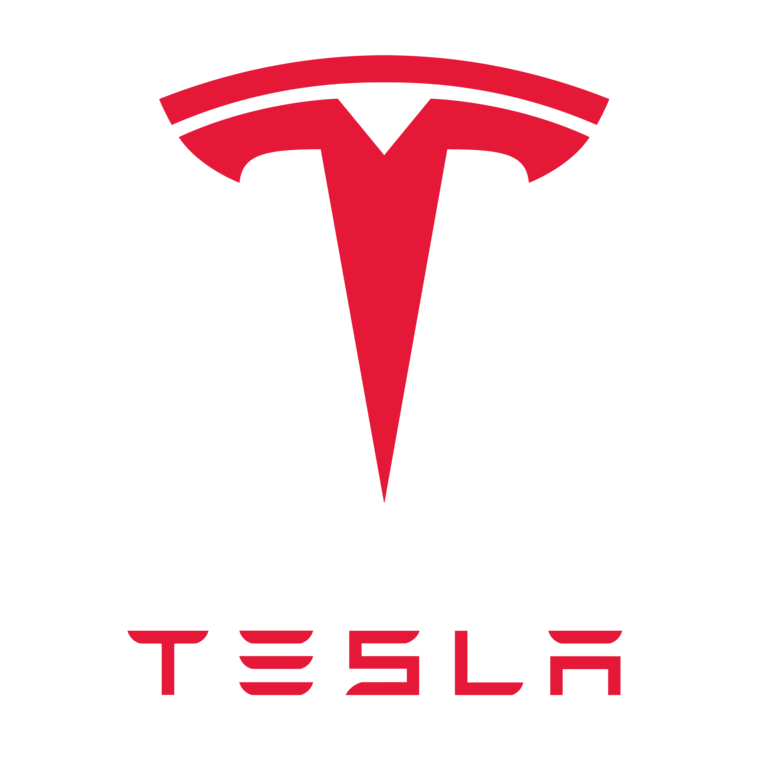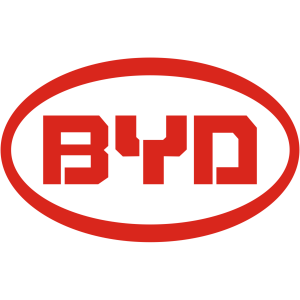
Toyota Motor Corp
TSE:7203


| US |

|
Johnson & Johnson
NYSE:JNJ
|
Pharmaceuticals
|
| US |

|
Berkshire Hathaway Inc
NYSE:BRK.A
|
Financial Services
|
| US |

|
Bank of America Corp
NYSE:BAC
|
Banking
|
| US |

|
Mastercard Inc
NYSE:MA
|
Technology
|
| US |

|
UnitedHealth Group Inc
NYSE:UNH
|
Health Care
|
| US |

|
Exxon Mobil Corp
NYSE:XOM
|
Energy
|
| US |

|
Pfizer Inc
NYSE:PFE
|
Pharmaceuticals
|
| US |

|
Palantir Technologies Inc
NYSE:PLTR
|
Technology
|
| US |

|
Nike Inc
NYSE:NKE
|
Textiles, Apparel & Luxury Goods
|
| US |

|
Visa Inc
NYSE:V
|
Technology
|
| CN |

|
Alibaba Group Holding Ltd
NYSE:BABA
|
Retail
|
| US |

|
JPMorgan Chase & Co
NYSE:JPM
|
Banking
|
| US |

|
Coca-Cola Co
NYSE:KO
|
Beverages
|
| US |

|
Walmart Inc
NYSE:WMT
|
Retail
|
| US |

|
Verizon Communications Inc
NYSE:VZ
|
Telecommunication
|
| US |

|
Chevron Corp
NYSE:CVX
|
Energy
|
Utilize notes to systematically review your investment decisions. By reflecting on past outcomes, you can discern effective strategies and identify those that underperformed. This continuous feedback loop enables you to adapt and refine your approach, optimizing for future success.
Each note serves as a learning point, offering insights into your decision-making processes. Over time, you'll accumulate a personalized database of knowledge, enhancing your ability to make informed decisions quickly and effectively.
With a comprehensive record of your investment history at your fingertips, you can compare current opportunities against past experiences. This not only bolsters your confidence but also ensures that each decision is grounded in a well-documented rationale.
Do you really want to delete this note?
This action cannot be undone.

| 52 Week Range |
2 266.5
3 714
|
| Price Target |
|
We'll email you a reminder when the closing price reaches JPY.
Choose the stock you wish to monitor with a price alert.

|
Johnson & Johnson
NYSE:JNJ
|
US |

|
Berkshire Hathaway Inc
NYSE:BRK.A
|
US |

|
Bank of America Corp
NYSE:BAC
|
US |

|
Mastercard Inc
NYSE:MA
|
US |

|
UnitedHealth Group Inc
NYSE:UNH
|
US |

|
Exxon Mobil Corp
NYSE:XOM
|
US |

|
Pfizer Inc
NYSE:PFE
|
US |

|
Palantir Technologies Inc
NYSE:PLTR
|
US |

|
Nike Inc
NYSE:NKE
|
US |

|
Visa Inc
NYSE:V
|
US |

|
Alibaba Group Holding Ltd
NYSE:BABA
|
CN |

|
JPMorgan Chase & Co
NYSE:JPM
|
US |

|
Coca-Cola Co
NYSE:KO
|
US |

|
Walmart Inc
NYSE:WMT
|
US |

|
Verizon Communications Inc
NYSE:VZ
|
US |

|
Chevron Corp
NYSE:CVX
|
US |
This alert will be permanently deleted.
Intrinsic Value
The intrinsic value of one
 Toyota Motor Corp
stock under the Base Case scenario is
2 632.44
JPY.
Compared to the current market price of 3 670 JPY,
Toyota Motor Corp
is
Overvalued by 28%.
Toyota Motor Corp
stock under the Base Case scenario is
2 632.44
JPY.
Compared to the current market price of 3 670 JPY,
Toyota Motor Corp
is
Overvalued by 28%.
The Intrinsic Value is calculated as the average of DCF and Relative values:

Let our AI compare Alpha Spread’s intrinsic value with external valuations from Simply Wall St, GuruFocus, ValueInvesting.io, Seeking Alpha, and others.
Let our AI break down the key assumptions behind the intrinsic value calculation for Toyota Motor Corp.
| US |

|
Tesla Inc
NASDAQ:TSLA
|
|
| CN |

|
BYD Co Ltd
SZSE:002594
|
|
| DE |

|
Mercedes Benz Group AG
MIL:MBG
|
|
| US |

|
General Motors Co
NYSE:GM
|
|
| DE |

|
Daimler AG
XETRA:DAI
|
|
| KR |

|
Hyundai Motor Co
KRX:005380
|
|
| IT |

|
Ferrari NV
MIL:RACE
|
|
| DE |

|
Bayerische Motoren Werke AG
XETRA:BMW
|
|
| DE |

|
Mercedes-Benz Group AG
XETRA:MBG
|
|
| DE |
V
|
Volkswagen AG
XETRA:VOW
|
Fundamental Analysis
Select up to 3 indicators:
Select up to 3 indicators:

Revenue & Expenses Breakdown
Toyota Motor Corp

Balance Sheet Decomposition
Toyota Motor Corp

| Current Assets | 38.9T |
| Cash & Short-Term Investments | 16.9T |
| Receivables | 15.9T |
| Other Current Assets | 6.1T |
| Non-Current Assets | 58.6T |
| Long-Term Investments | 15.9T |
| PP&E | 16.7T |
| Intangibles | 1.4T |
| Other Non-Current Assets | 24.6T |
| Current Liabilities | 31T |
| Accounts Payable | 5.8T |
| Accrued Liabilities | 1.9T |
| Other Current Liabilities | 23.4T |
| Non-Current Liabilities | 29.1T |
| Long-Term Debt | 23.6T |
| Other Non-Current Liabilities | 5.4T |
Free Cash Flow Analysis
Toyota Motor Corp

| JPY | |
| Free Cash Flow | JPY |
Earnings Waterfall
Toyota Motor Corp

|
Revenue
|
49.4T
JPY
|
|
Cost of Revenue
|
-40.5T
JPY
|
|
Gross Profit
|
8.9T
JPY
|
|
Operating Expenses
|
-4.5T
JPY
|
|
Operating Income
|
4.3T
JPY
|
|
Other Expenses
|
294.3B
JPY
|
|
Net Income
|
4.6T
JPY
|
Profitability Score
Profitability Due Diligence

Toyota Motor Corp's profitability score is 50/100. The higher the profitability score, the more profitable the company is.

Score
Toyota Motor Corp's profitability score is 50/100. The higher the profitability score, the more profitable the company is.
Solvency Score
Solvency Due Diligence

Toyota Motor Corp's solvency score is 41/100. The higher the solvency score, the more solvent the company is.

Score
Toyota Motor Corp's solvency score is 41/100. The higher the solvency score, the more solvent the company is.
Wall St
Price Targets
Price Targets Summary
Toyota Motor Corp

According to Wall Street analysts, the average 1-year price target for
 Toyota Motor Corp
is 3 562.69 JPY
with a low forecast of 2 676.5 JPY and a high forecast of 4 200 JPY.
Toyota Motor Corp
is 3 562.69 JPY
with a low forecast of 2 676.5 JPY and a high forecast of 4 200 JPY.
Dividends
Current shareholder yield for  Toyota Motor Corp is
.
Toyota Motor Corp is
.
Shareholder yield represents the total return a company provides to its shareholders, calculated as the sum of dividend yield, buyback yield, and debt paydown yield. What is shareholder yield?
The intrinsic value of one
 Toyota Motor Corp
stock under the Base Case scenario is
2 632.44
JPY.
Toyota Motor Corp
stock under the Base Case scenario is
2 632.44
JPY.
Compared to the current market price of 3 670 JPY,
 Toyota Motor Corp
is
Overvalued by 28%.
Toyota Motor Corp
is
Overvalued by 28%.







































